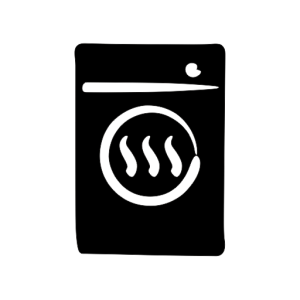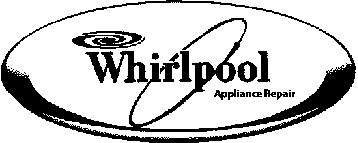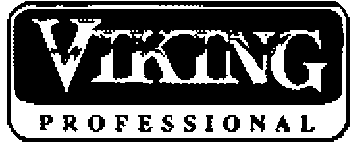Electric range isn’t working
An electric range that isn't working can bring your kitchen to a standstill, affecting meal preparations and your daily routine. This guide will help you identify common problems and offer straightforward solutions to get your electric range up and running again. Whether it's a minor issue that you can fix yourself or something that requires professional attention, understanding the basics can save you time and money.
Common Causes of Electric Range Malfunctions
Before diving into repairs, it's crucial to understand why your electric range might have stopped working. Here are some common culprits:
Power Supply Issues: A lack of power is a common reason why electric ranges stop functioning. This can be due to a tripped circuit breaker, blown fuse, or loose power cord.
Faulty Heating Elements: If the stove turns on but the burners don't heat up, one or more heating elements might be faulty.
Control Panel Problems: Modern electric ranges rely on electronic control panels that can malfunction, affecting the range’s operation.
Wiring Issues: Over time, the internal wiring of your range can become damaged or wear out, disrupting its functionality.
DIY Troubleshooting Tips
Check the Power Supply
Ensure the range is properly plugged in.
Check your home's circuit breaker or fuse box for any issues. Reset the breaker or replace any blown fuses as necessary.
Inspect Heating Elements
For ranges with coil burners, examine each burner for damage. Test by swapping a non-heating burner with one that you know works.
For glass-top ranges, checking and replacing heating elements might require professional assistance due to the complexity of accessing the elements.
Examine the Control Panel
Reset the control panel by unplugging the range or flipping the breaker for a few minutes. If the display or controls are unresponsive after powering back on, the control panel may need repairs or replacement.
Assess Wiring and Connections
Visually inspect accessible wiring for signs of wear or damage. Remember to disconnect power before attempting this.
Tighten any loose connections and replace visibly damaged wires or connectors.
When to Call a Professional
If the above steps do not resolve the issue or if you're unsure about performing any inspections or repairs, it's best to seek professional help. An experienced technician can safely diagnose and repair more complex problems, such as internal wiring issues or malfunctioning control boards.
Conclusion
An electric range that isn’t working is more than a mere inconvenience; it's a disruption to your daily life. While some issues can be resolved with simple troubleshooting, others may require professional expertise. Regular maintenance and prompt attention to minor issues can help prevent more significant problems down the line, ensuring your electric range remains a reliable asset in your kitchen.

























